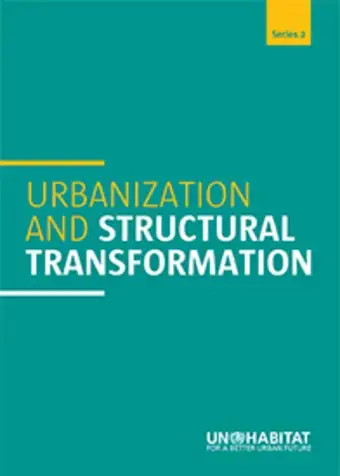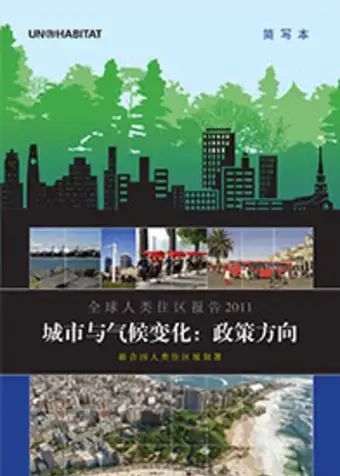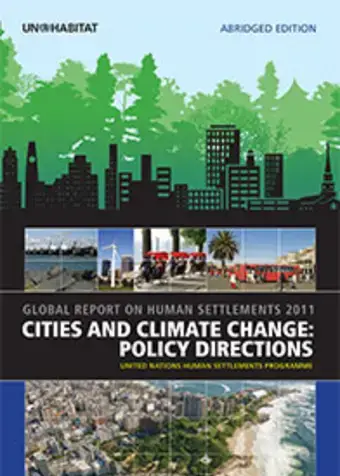Bamboo – a versatile building material for Kenya?
Nairobi, 6 May 2015 - The International Network for Bamboo and Rattan (INBAR), a founding member of the UN-Habitat-coordinated Global Network for Sustainable Housing, together with the Ministry of the Environment, the Kenya Forestry Research Institute (KEFRI) and the Kenya Forestry Service (KFS), recently convened a coordination workshop to discuss the development of an integrated national bamboo sector poli
Engendering Sustainable Cities
 Nairobi, 20 April 2015 – A gender forum, hosted by UN-Habitat, and providing a platform for engaging, exchanging and deepening the knowledge base on gender and human settlements recently took place in the sidelines of the second Preparatory Committee for Habitat III.
Nairobi, 20 April 2015 – A gender forum, hosted by UN-Habitat, and providing a platform for engaging, exchanging and deepening the knowledge base on gender and human settlements recently took place in the sidelines of the second Preparatory Committee for Habitat III.
The second preparatory meeting of Habitat III opens in Nairobi
Nairobi 14 April 2015—The second preparatory meeting (PrepCom2) of the Habitat III conference has opened in Nairobi with member states recognizing the growing role of cities in their respective country policies. The Secretary-General of the Habitat III Conference, Dr. Joan Clos, in his key note speech highlighted the link between urbanization and rural development.
Understanding Urbanisation. Monitoring urban dynamics in a fragile and resource-constrained context.
 This discussion paper highlights that Afghanistan faces a formidable 'data deficit', especially in terms of urban–disaggregated data.
This discussion paper highlights that Afghanistan faces a formidable 'data deficit', especially in terms of urban–disaggregated data.
The paper reviews the current status of urban monitoring and provides an overview of the pioneering methodology developed in The State of Afghan Cities Programme 2014/15 to gather more reliable and up–to–date data on urbanisation.
‘Making room for a planet of cities’ - Shlomo (Solly) Angel, Stern School of Business, New York University
The lecture is based on the realization that the current urban planning paradigm championed in the United States and Europe—the Containment Paradigm, also known as urban growth management, smart growth, or compact city—is inappropriate in the rapidly-urbanizing countries in Asia, Africa and Latin America. Instead, it calls for a new paradigm for coming to terms with rapid urbanization: The Making Room Paradigm.
https://www.youtube.com/watch?v=1GknqMC4B2o



